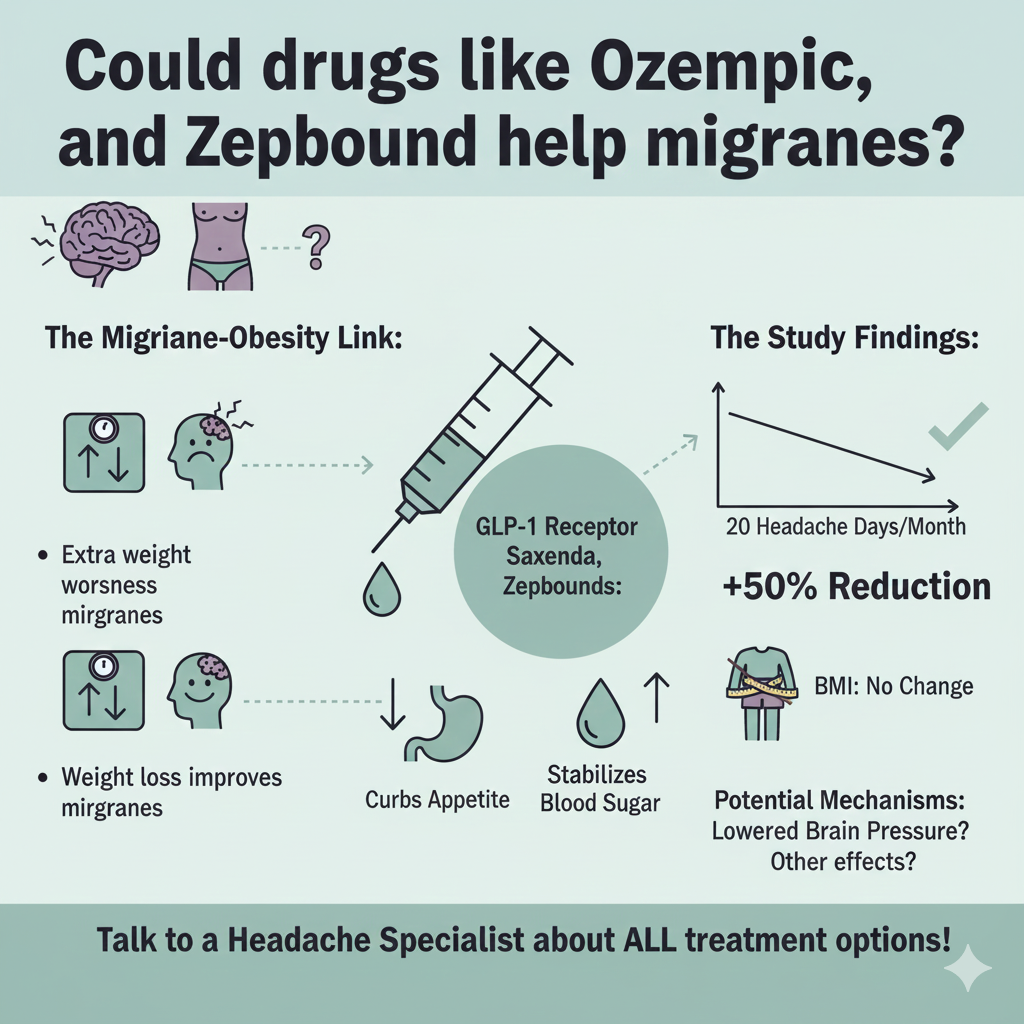Concussion, even when it is mild, can result in a post-concussion syndrome. The main symptom is a headache and it is present in 60% of people within the first year after a mild traumatic brain injury. In people with personal or family history of migraines these headaches are often post-traumatic chronic migraines. Post-traumatic headaches and other symptoms such as dizziness and difficulty with vision, concentration and memory are often difficult to treat. However, an effective treatment of headaches often leads to an improvement in other symptoms as well.
Treatment with epilepsy drugs (Topamax, Depakote, Neurontin), blood pressure medications (propranolol), or antidepressants (Elavil, Cymbalta) can be effective in some, but not in all and not without side effects. Botox injections have been very effective without any serious side effects in many of my patients and similar results have been published by other doctors (see here and here).
Dr. Sylvia Lucas of University of Washington in Seattle presented her experience with the treatment of posttraumatic headaches with Botox at the annual meeting of the American Headache Society held in Boston last month. She described 15 patients who sustained a mild traumatic brain injury and suffered from chronic migraines for an average of 8 months prior to being treated with Botox. After a series of three Botox treatments given every 3 months most patients had a significant improvement in the number of headache days, as well as improved physical and social functioning, emotional well-being, energy level and a reduction in pain. As expected, no patient experienced any serious side effects.
.png)



